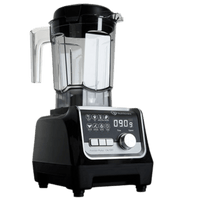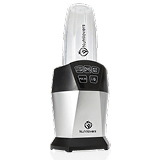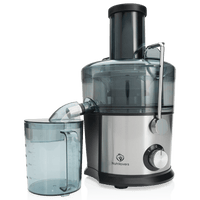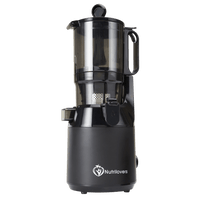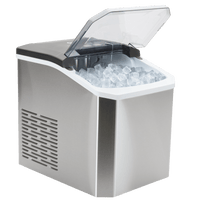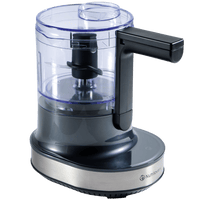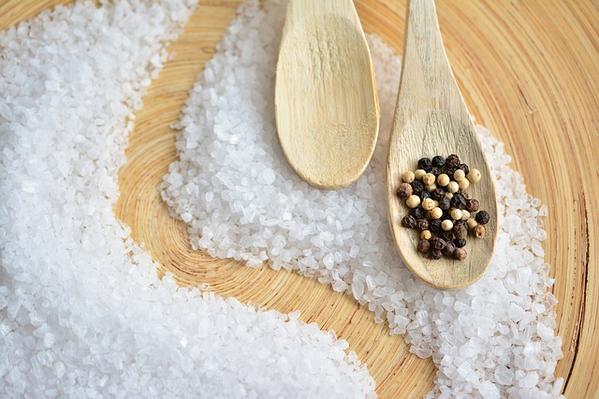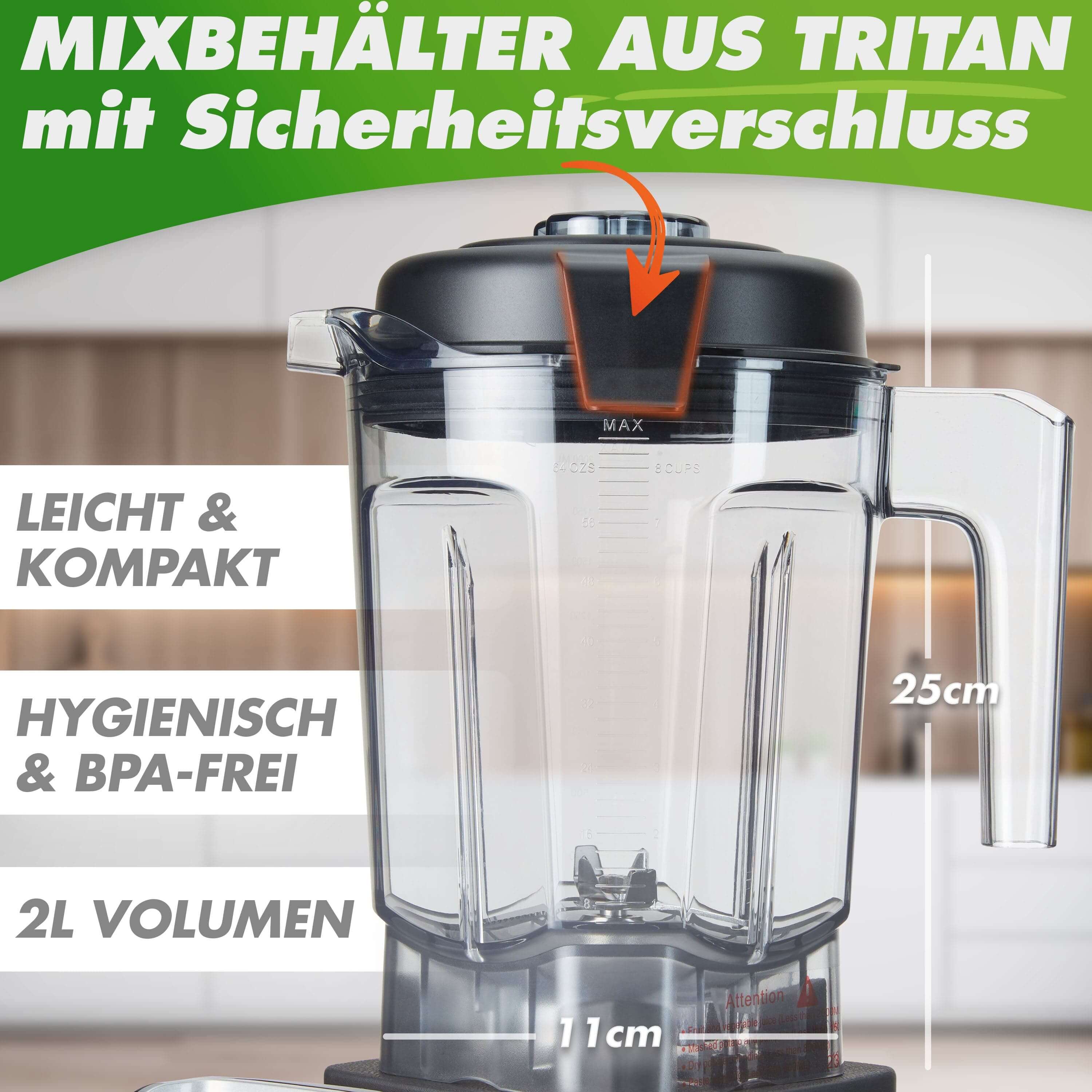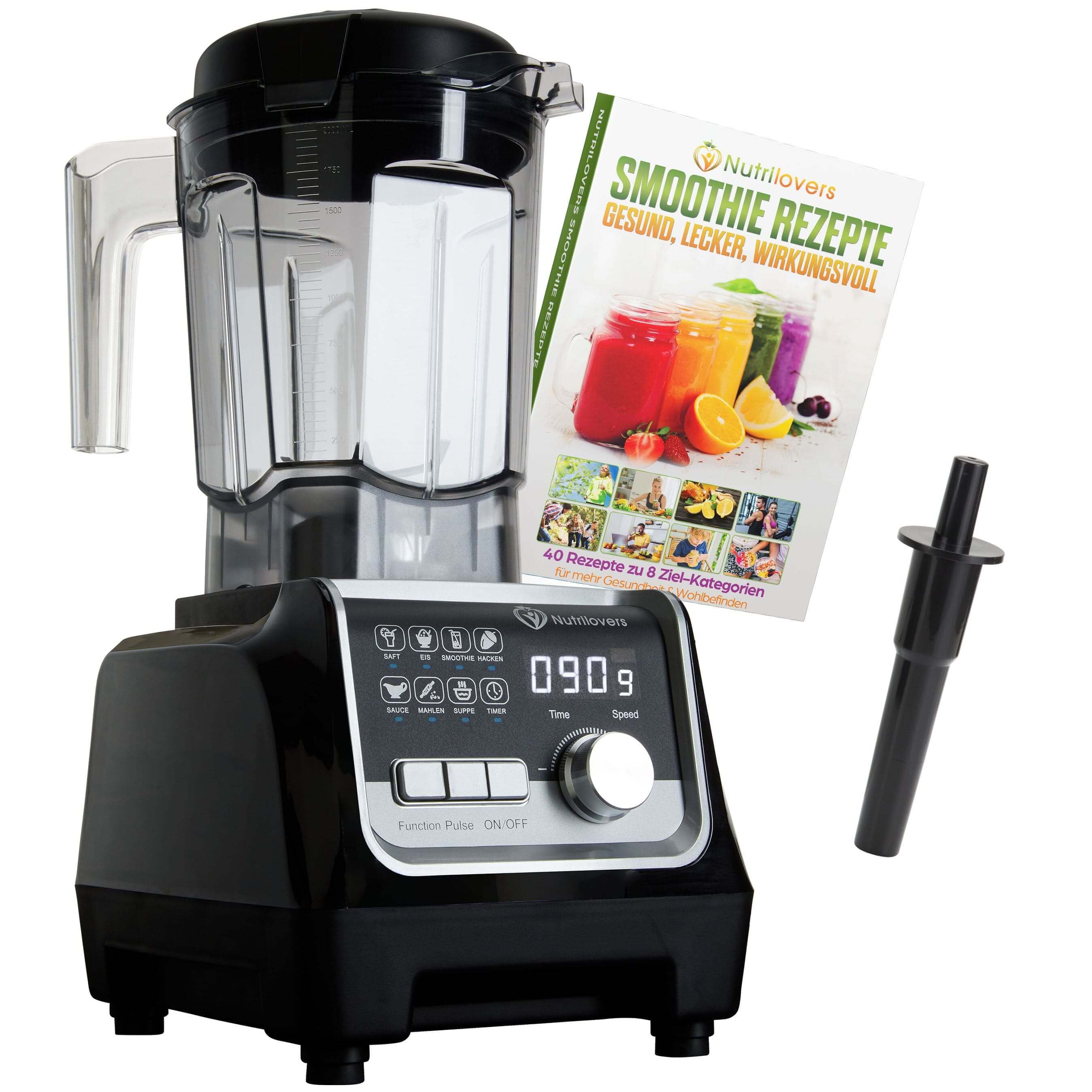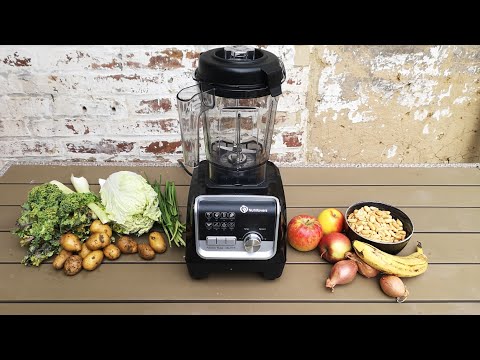A nutrient deficiency usually develops gradually. It doesn't appear overnight, and it doesn't suddenly appear if you don't eat healthily for a few days. However, if you forgo a healthy diet for a long time, the nutrient deficiency can become very noticeable and pronounced. If you notice the first symptoms, you really need to act promptly and replenish your stores as quickly as possible. If you don't, the initial small, but certainly annoying, signs can develop into serious illnesses. In this short article, we want to address the causes of nutrient deficiencies, how you can prevent them in advance, and also what effects they can have on your well-being. This information can be extremely valuable to you, because ultimately, it's about the most important thing you have: your health.
What are the causes of nutrient deficiencies?
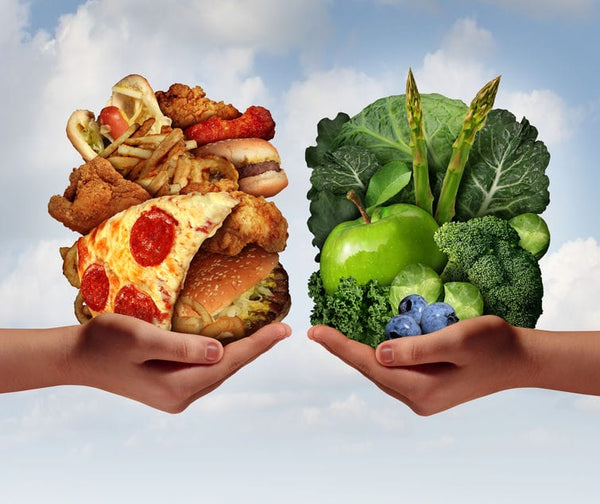
There are many ways nutrient deficiencies can occur, but they only occur if you follow the diets mentioned incorrectly.
- When losing weight
- on a vegan diet
- with a vegetarian diet
- with a one-sided/nutrient-poor diet
With these diets, nutrient deficiencies can develop very quickly if you don't follow a healthy diet. Dieting can be very healthy. You lose your excess weight and minimize your risk of diabetes. You lower your BMI, and your cholesterol falls into the right range. These are absolutely positive effects of any diet. However, if you follow a so-called crash diet, where you eat only a limited amount of food, you will develop nutrient deficiencies after a certain period of time. If you live only on eggs and fried chicken breast for weeks, your protein intake will be ensured, but you will become malnourished after just a few weeks.
The same applies to vegetarian and vegan diets. These would be perfectly healthy in and of themselves, provided you eat a balanced diet. However, if you only eat rice pudding and pasta with tomato sauce, then even this diet cannot be considered healthy.
But even if you only eat fast food, your vitamin, mineral, and trace element intake is still poor. Eating pizza, burgers, hot dogs, and the like alone isn't the healthiest form of nutrition. Ready meals don't have the best reputation either. They're usually full of empty calories, fat, sugar, carbohydrates, and preservatives. Canned soups and frozen schnitzel are usually not particularly nutritious.
The magic word , no matter what type of diet you choose, is variety . Generally speaking, the more colorful your plate is, the more diverse the vitamins and minerals that end up in your meals.
To ensure you get all the vital nutrients your body needs every day, you should include plenty of fruits and vegetables in your diet. Green vegetables, citrus fruits, berries, and regional, seasonal produce are absolutely essential for a balanced and healthy diet. This way, you'll be safe even if you're on a diet or following a vegan or vegetarian diet.
Effects of nutrient deficiency on health
The nutrient deficiency quickly becomes noticeable in a lack of fitness. You feel listless and constantly tired, even though you may actually be getting enough sleep. A total lack of energy sets in. Your metabolism also slows down. This also manifests itself in a reduced fat burning rate.
This can be particularly tricky. You're trying to lose weight but aren't paying attention to a balanced diet, so you end up with nutrient deficiencies and thus not losing weight at all, or losing it much more slowly and less effectively.
Symptoms that can occur due to nutrient deficiency

The most common deficiency is magnesium, which manifests itself in leg cramps, which can be particularly unpleasant at night.
You can recognize a vitamin D deficiency if you suffer from muscle weakness, joint and muscle pain , and increased hair loss . You are also significantly more susceptible to infectious diseases.
Vitamin B12 deficiency usually begins with constant fatigue and difficulty concentrating. You may experience an unpleasant tingling sensation in your arms and legs, and you frequently suffer from headaches. If your tongue frequently burns even though you haven't eaten anything too spicy, this could be due to a vitamin B12 deficiency. In the worst case, this deficiency can even lead to depression and sensory disturbances . If you experience unsteady gait, are unsteady on your feet, and constantly fall, this could also be a clear indication that you are lacking this important B vitamin.

You'll know you're suffering from a vitamin C deficiency if you feel constantly fatigued and irritable for no reason. This can also lead to muscle and joint pain . Your performance is also severely limited.
If you're calcium deficient, you're prone to extremely dry skin, and eczema can develop. Your hair becomes dull and falls out, and your nails become brittle. In addition to muscle cramps, your skin may also feel like it's constantly crawling with ants.
 Nutrient deficiencies can lead to brittle fingernails
Nutrient deficiencies can lead to brittle fingernails
If you suffer from a vitamin E deficiency, your circulation is disrupted and your immune system is also impaired. Your retina can also become diseased. This usually first shows up as you see black dots flying around that aren't there. Your mental performance is severely reduced. You also experience severe tremors.
Selenium deficiency is most easily recognized by white spots on the nails. Your skin also becomes flaky and pale, and your hair falls out. You're constantly tired and very prone to illness. It can also lead to high blood pressure and other heart problems. Selenium deficiency also causes joint and muscle pain , and in the worst cases, liver problems.

Zinc deficiency also manifests itself in fatigue and poor skin .
Iron deficiency manifests itself in pale skin, brittle nails and hair , and psychological instability. You may experience increased headaches, feel short of breath, and constantly suffer from difficulty swallowing. Your concentration also decreases significantly.
Treatment of nutrient deficiencies through dietary changes

You can, of course, take iron and vitamin tablets. It would be much easier, and above all, cheaper and more sustainable, if you simply changed your diet. If you're unsure about this, you can seek nutritional advice. However, this is usually not necessary.
You just need to make sure you include at least five portions of fruit and vegetables in your daily diet . This may seem like a lot at first glance. But here's the good news: You can also make delicious juices from fresh fruit and vegetables. If you drink a nice, freshly squeezed juice for breakfast in the morning, a delicious vegetable juice at work at lunch, and fire up your slow juicer again in the evening, all you need to do is include a generous portion of vegetables or a colorful salad in your meals and snack on an apple or other fruit of your choice in between meals. It's that simple, and you'll be well-nourished.
Conclusion:
Slow juicer juices are a simple way to provide your body with many nutrients. Nutrients from natural sources, in particular, contain the important additives for optimal absorption of vitamins and minerals. Supplements are unnecessary with a balanced diet. You'll be surprised at how quickly you'll notice changes in your body. Not only will you feel more vital and full of energy, but your skin will also become more beautiful and rosier, your hair will be firm and thick, and your overall performance will be tremendously improved. Freshly squeezed juices also taste simply wonderful. It's fun to constantly prepare new creations. Your friends and family are guaranteed to be impressed, too.
You can find out MORE about healthy eating here:
▷ Salt – The hidden killer for the immune system
▷ Corona virus: Strengthen the immune system and boost your immune defenses
▷ What is the Nutri-Score? The advantages and disadvantages of the new food rating system
You can find SLOW JUICER from Nutrilovers: HERE (to the shop)


